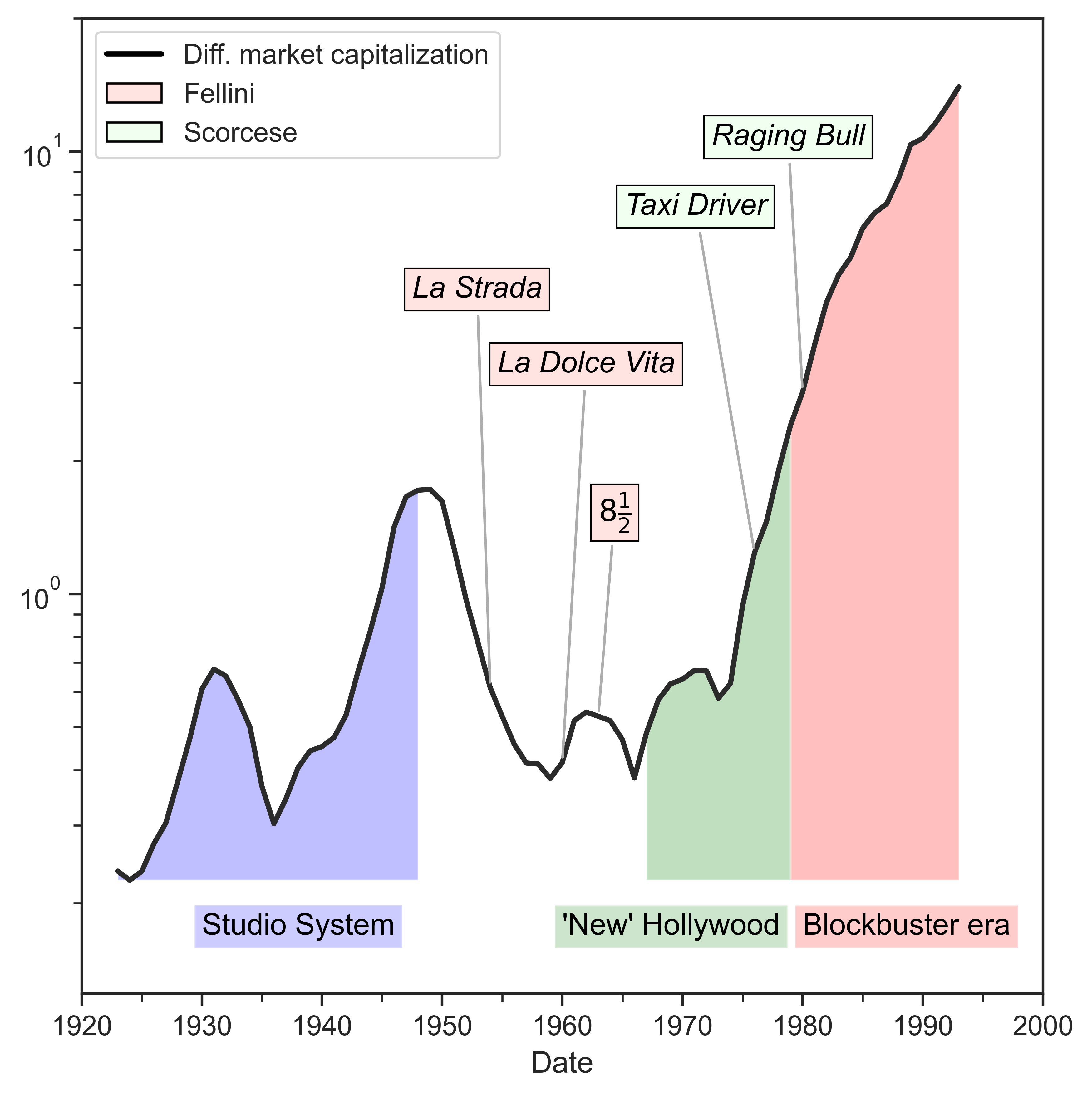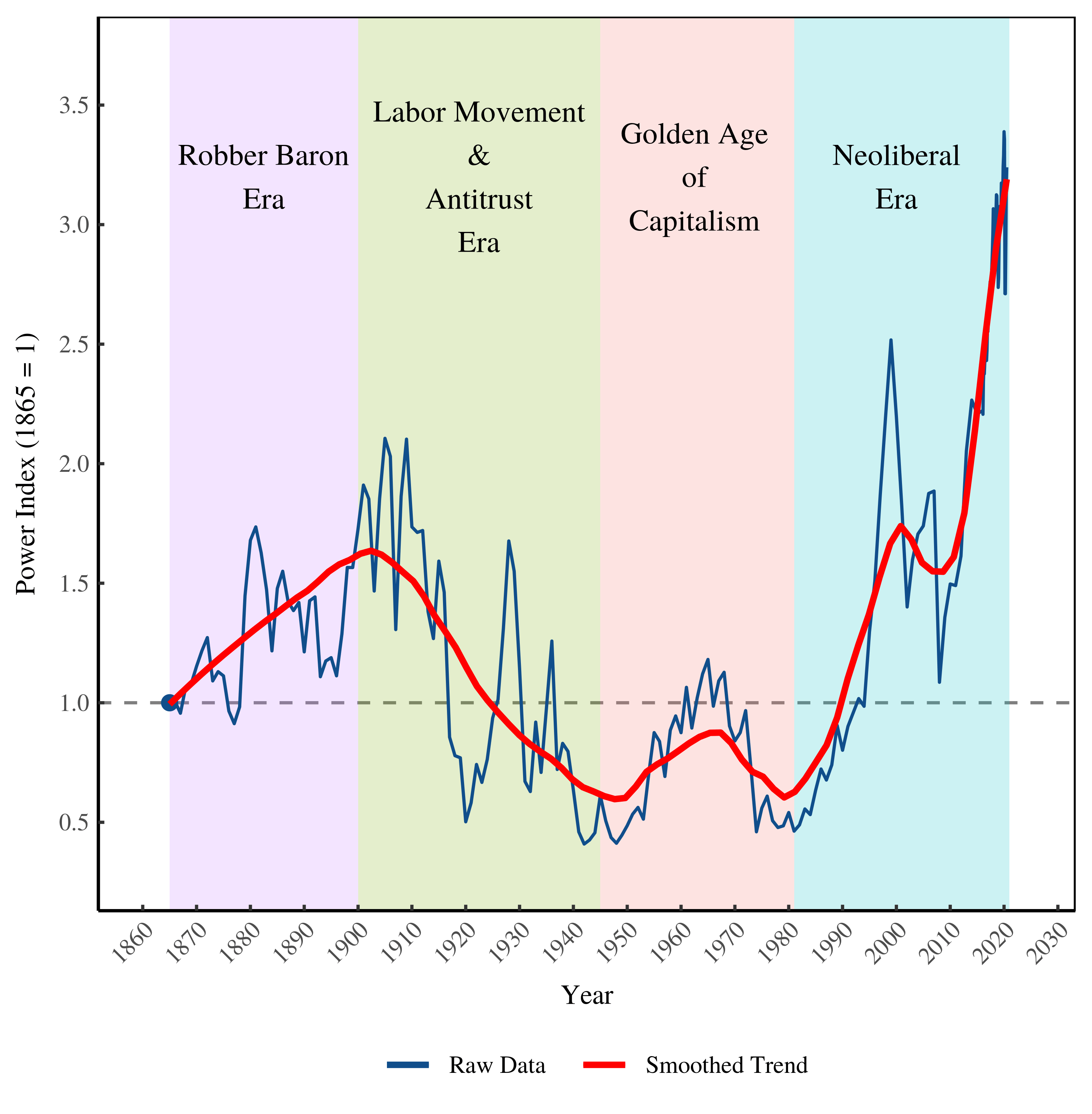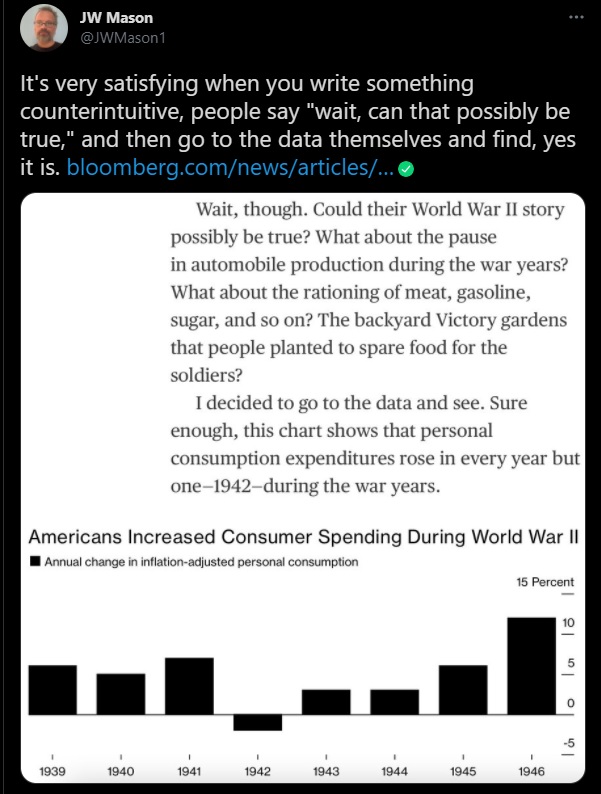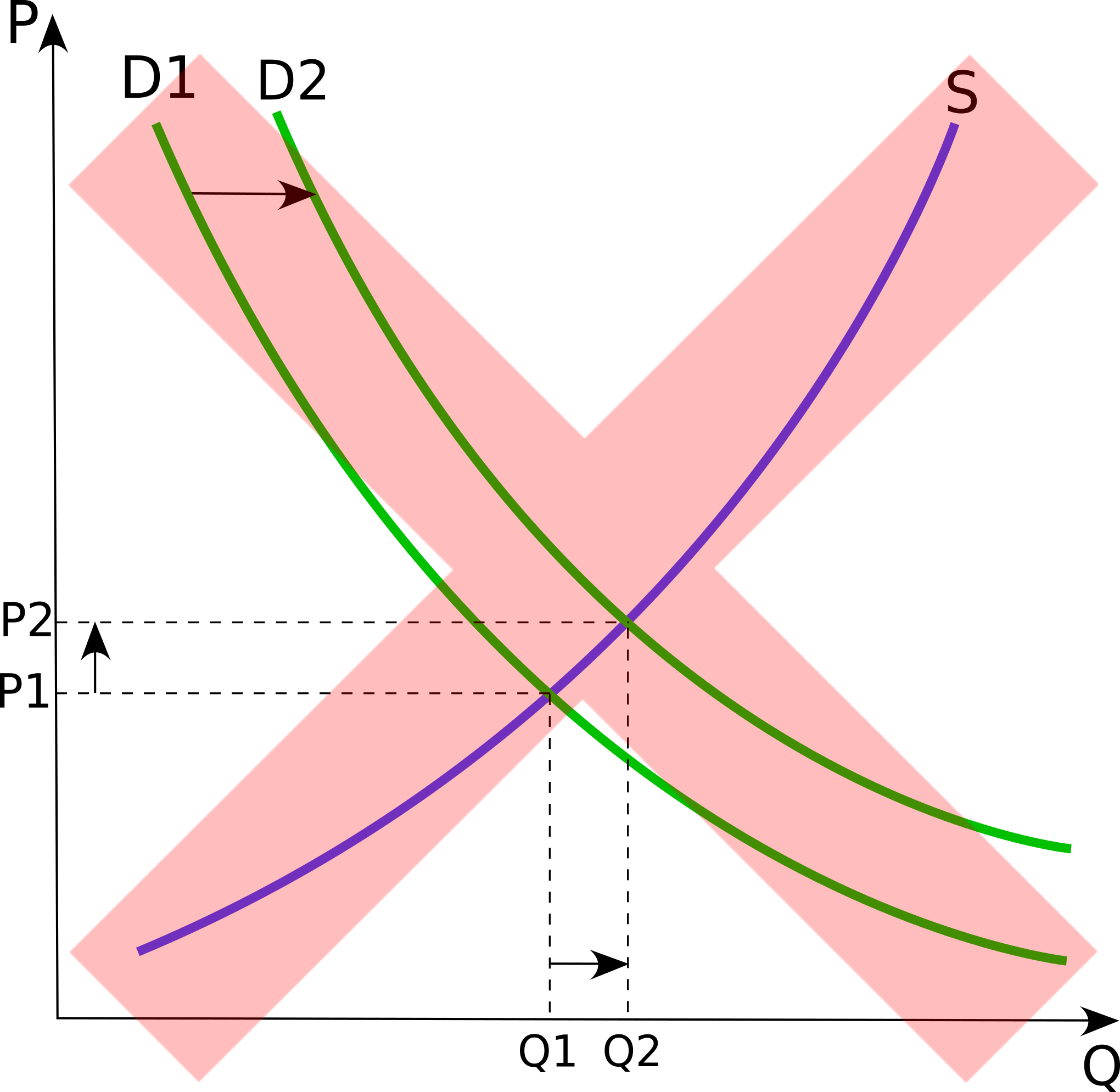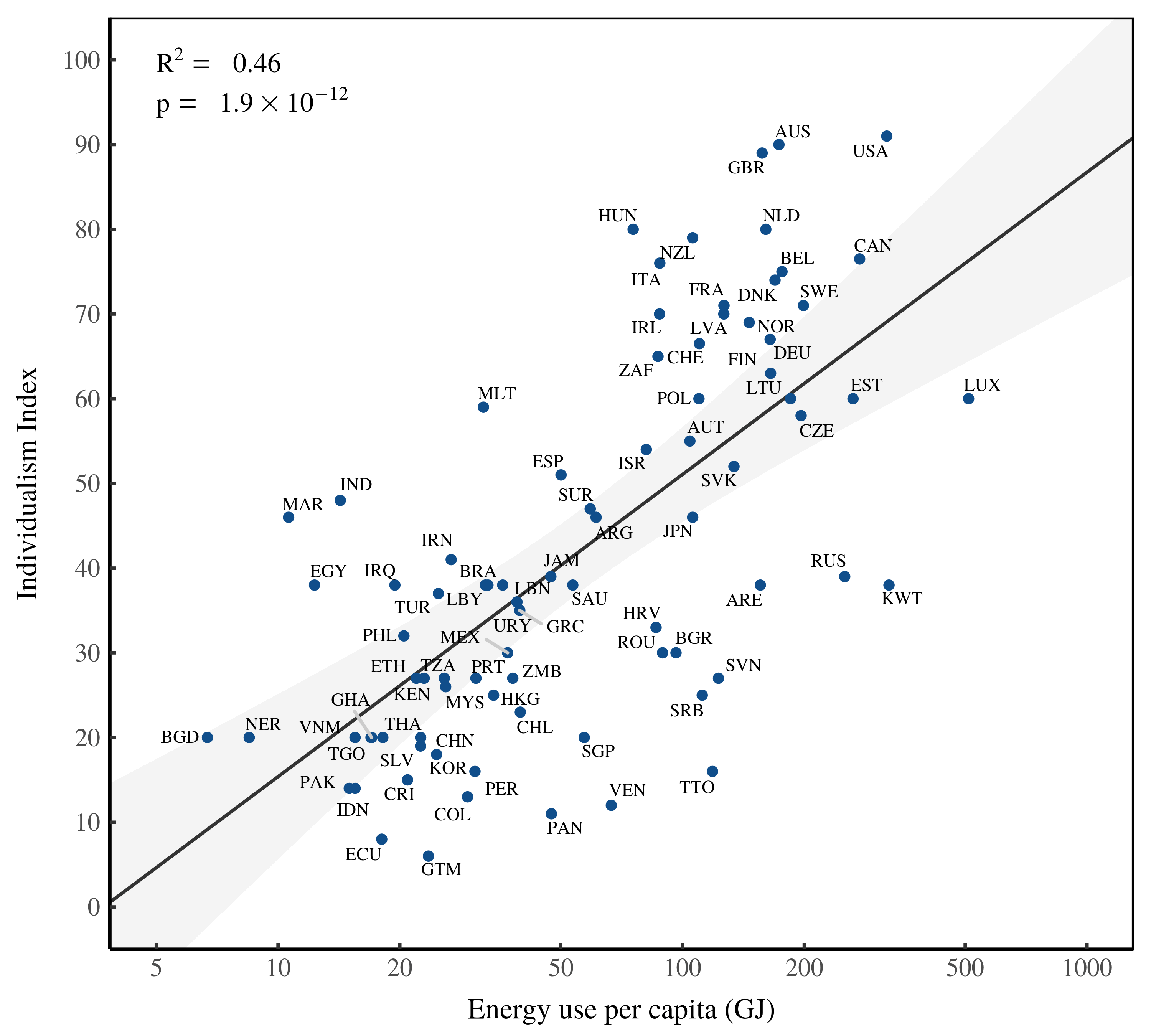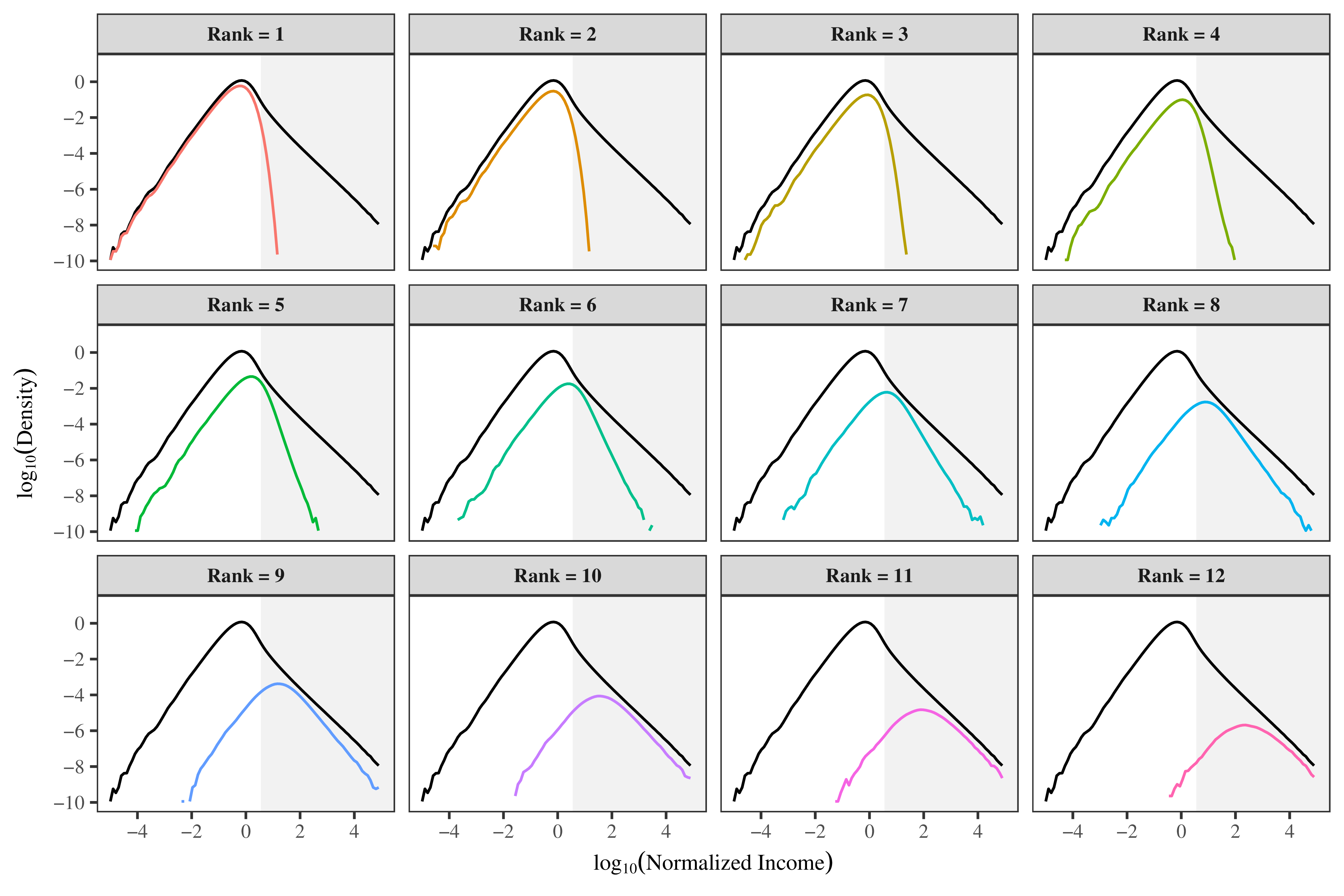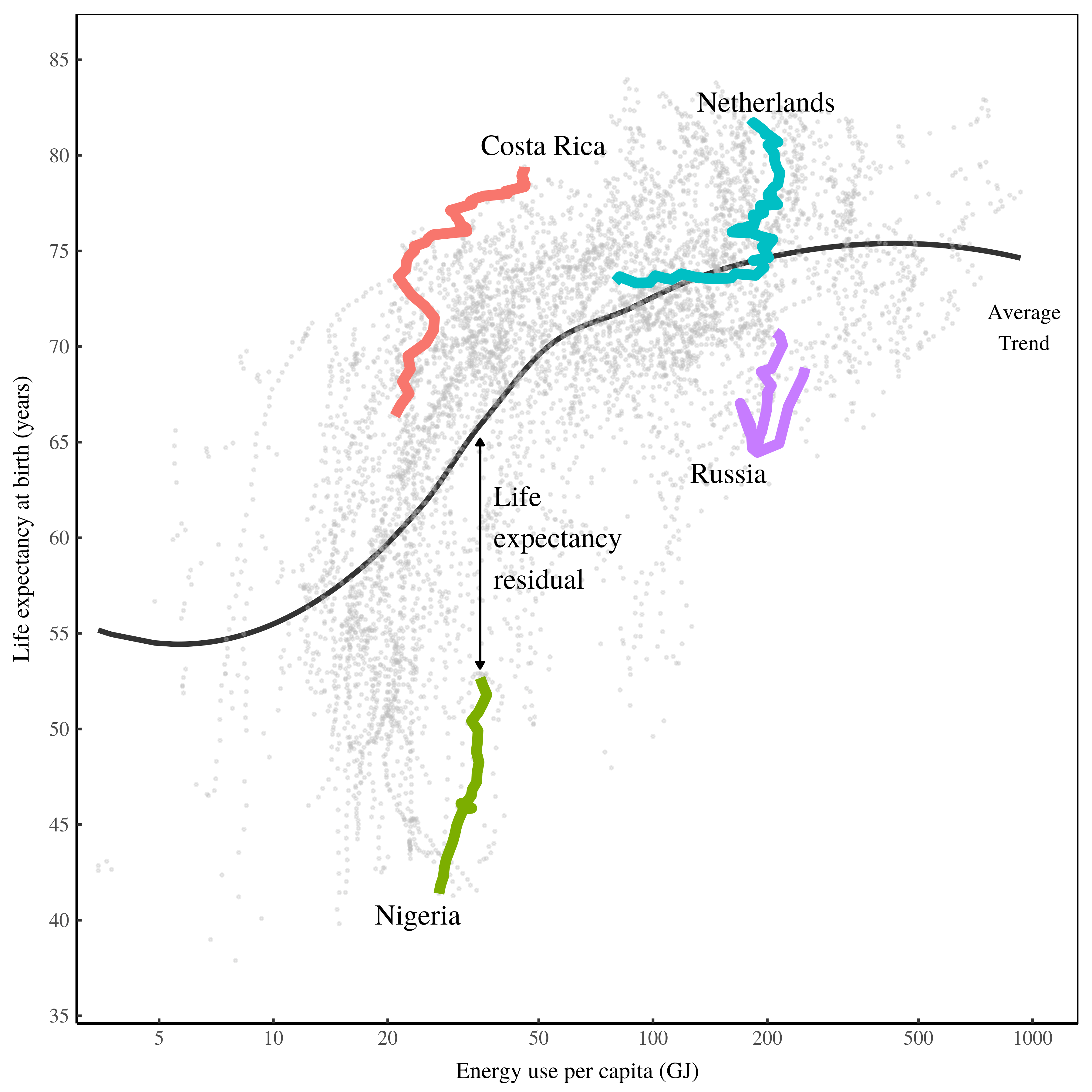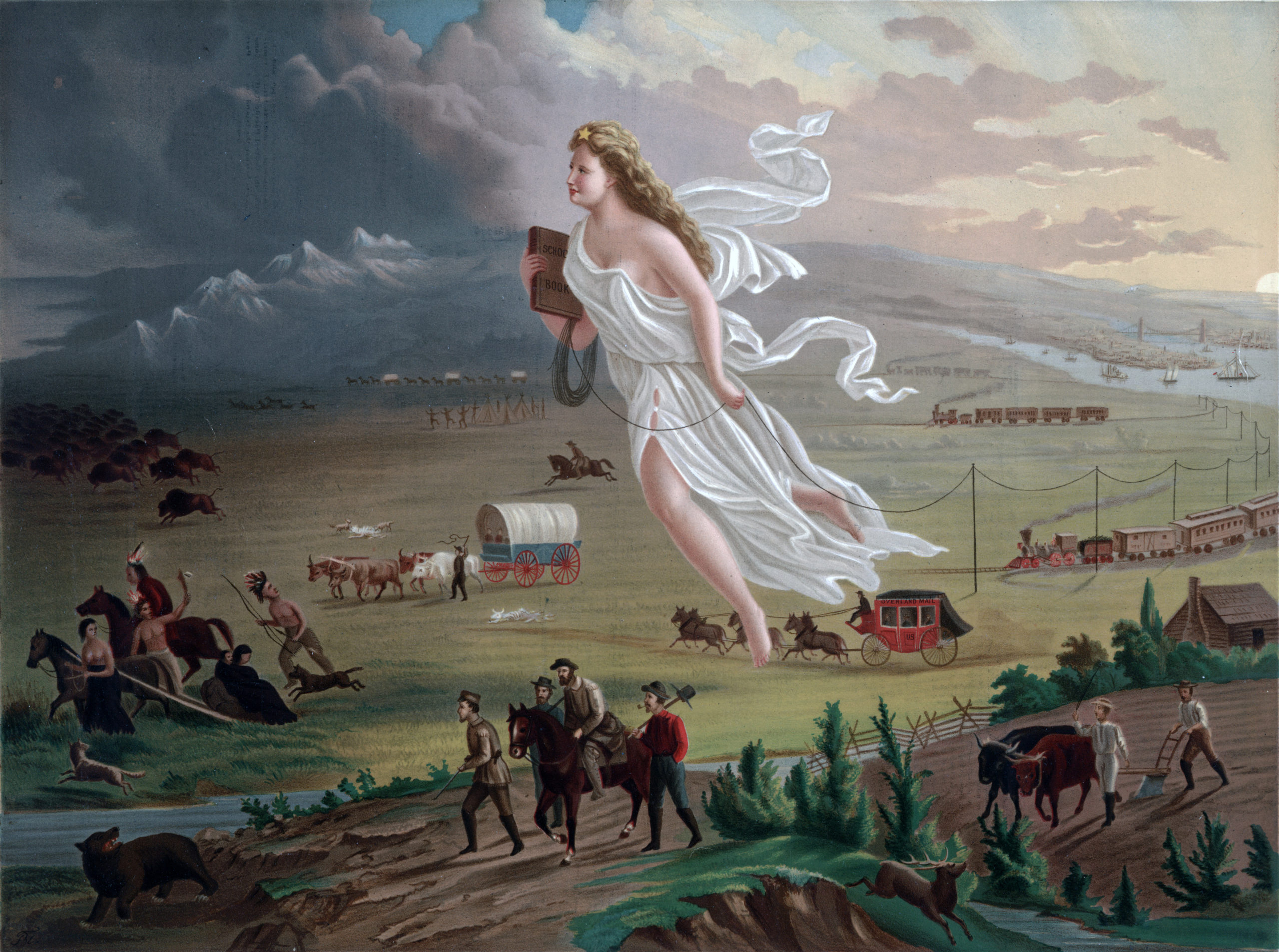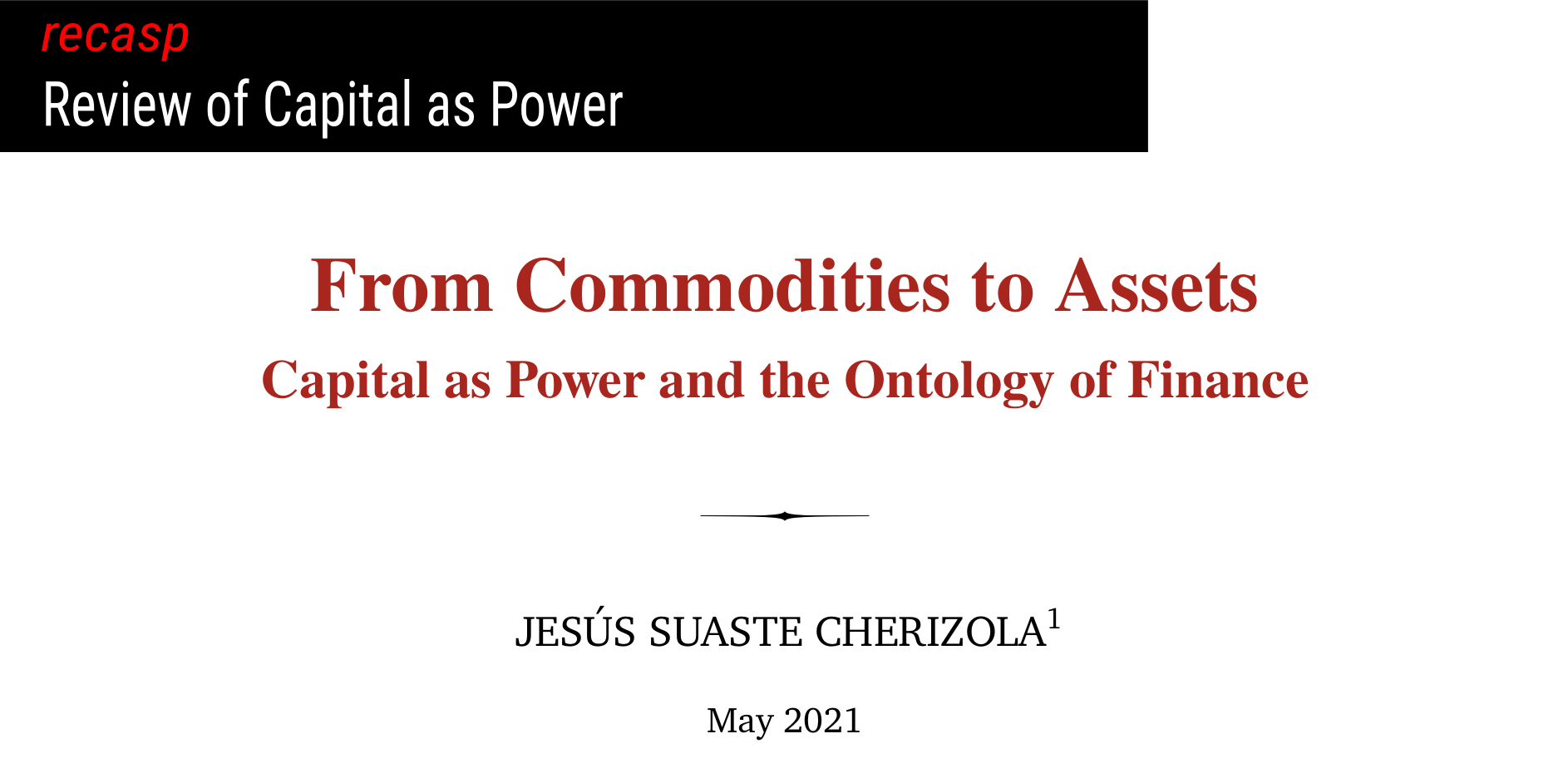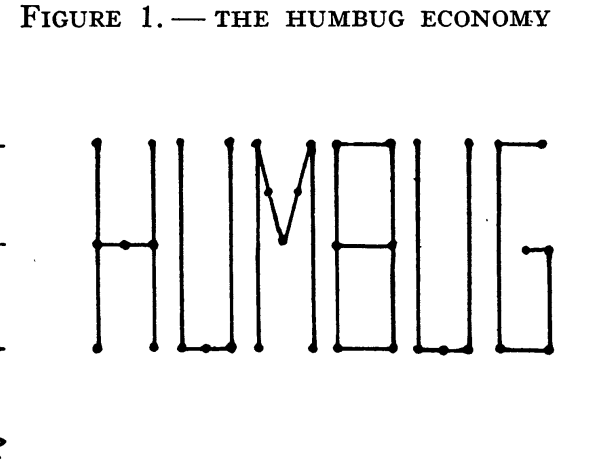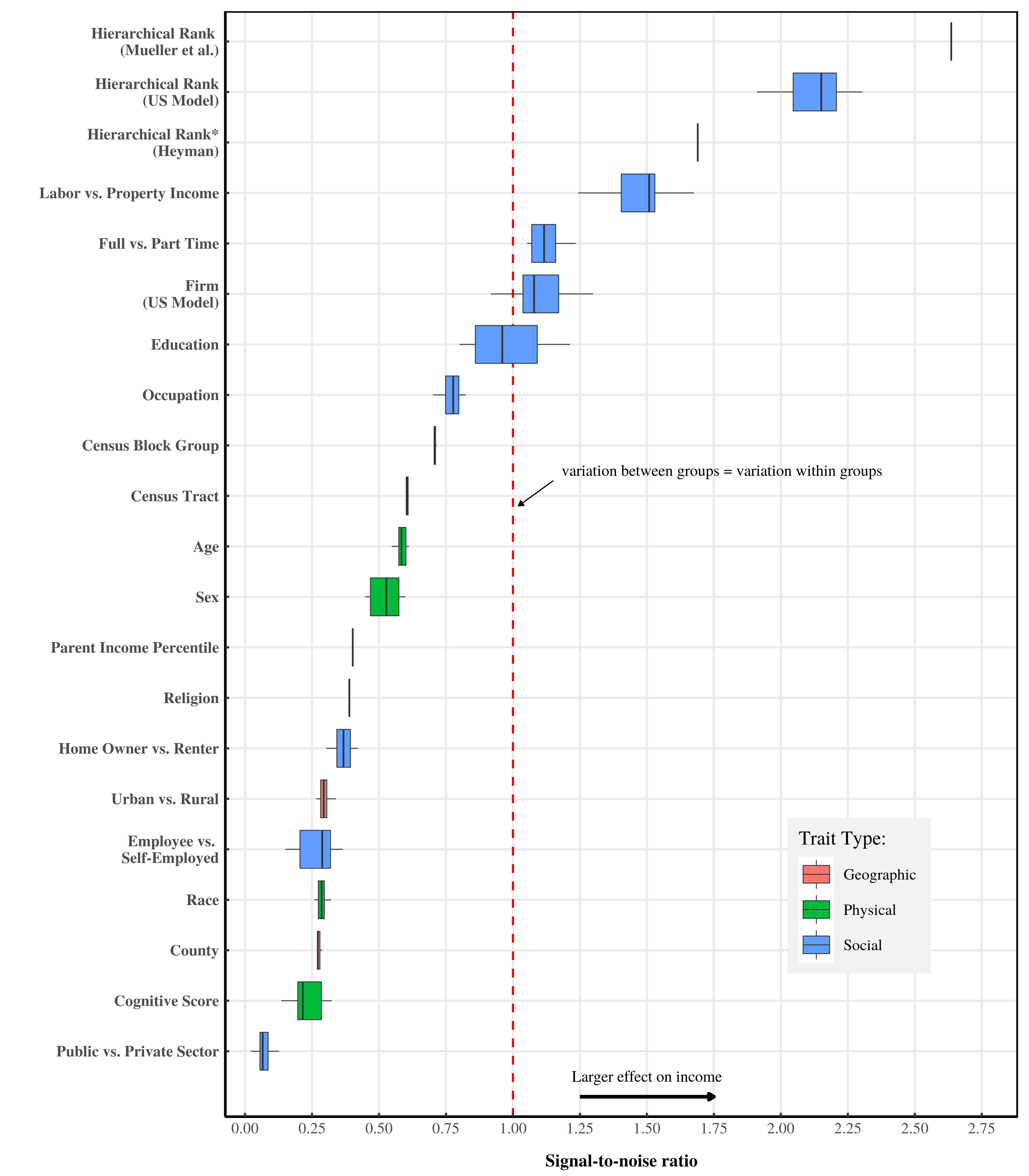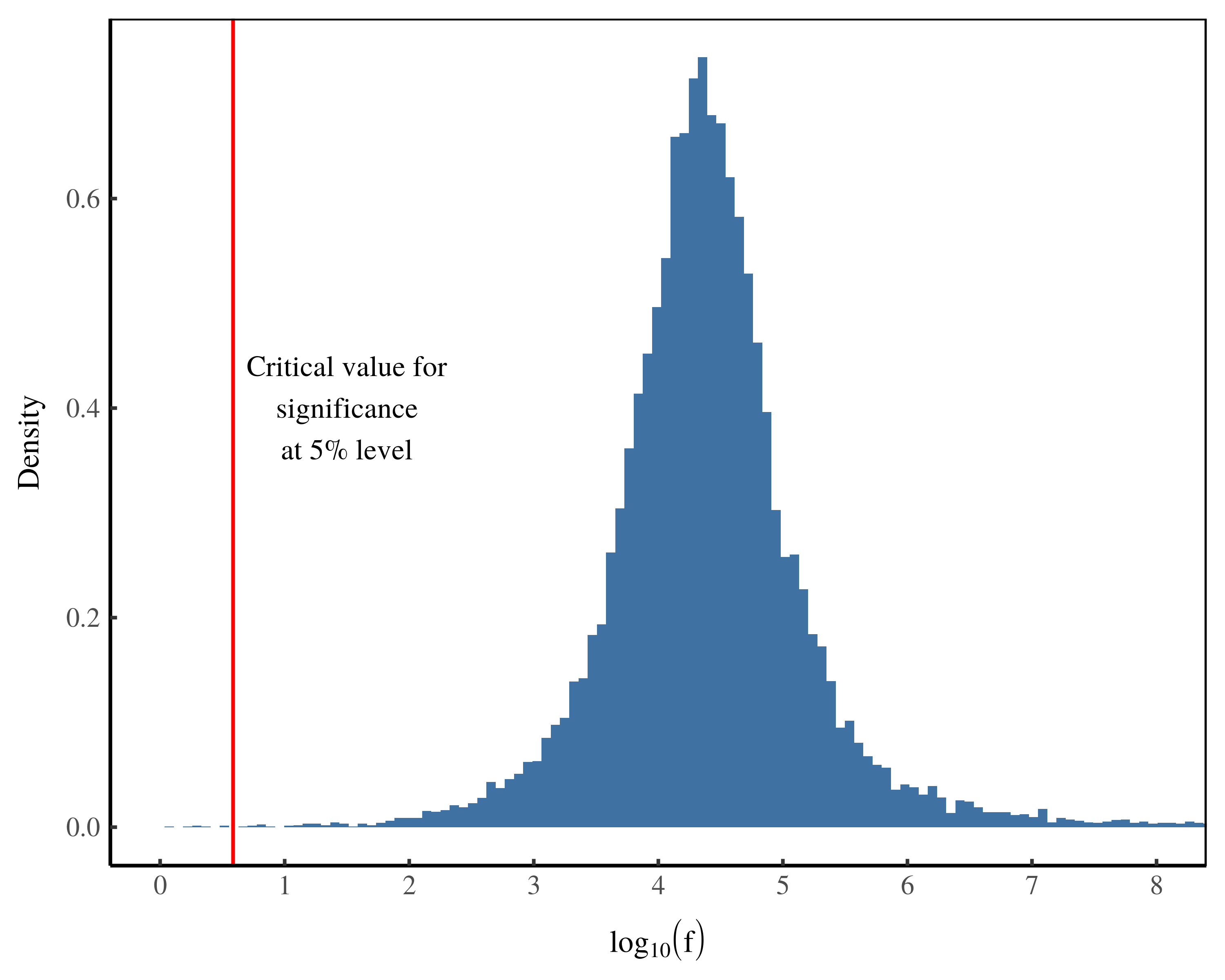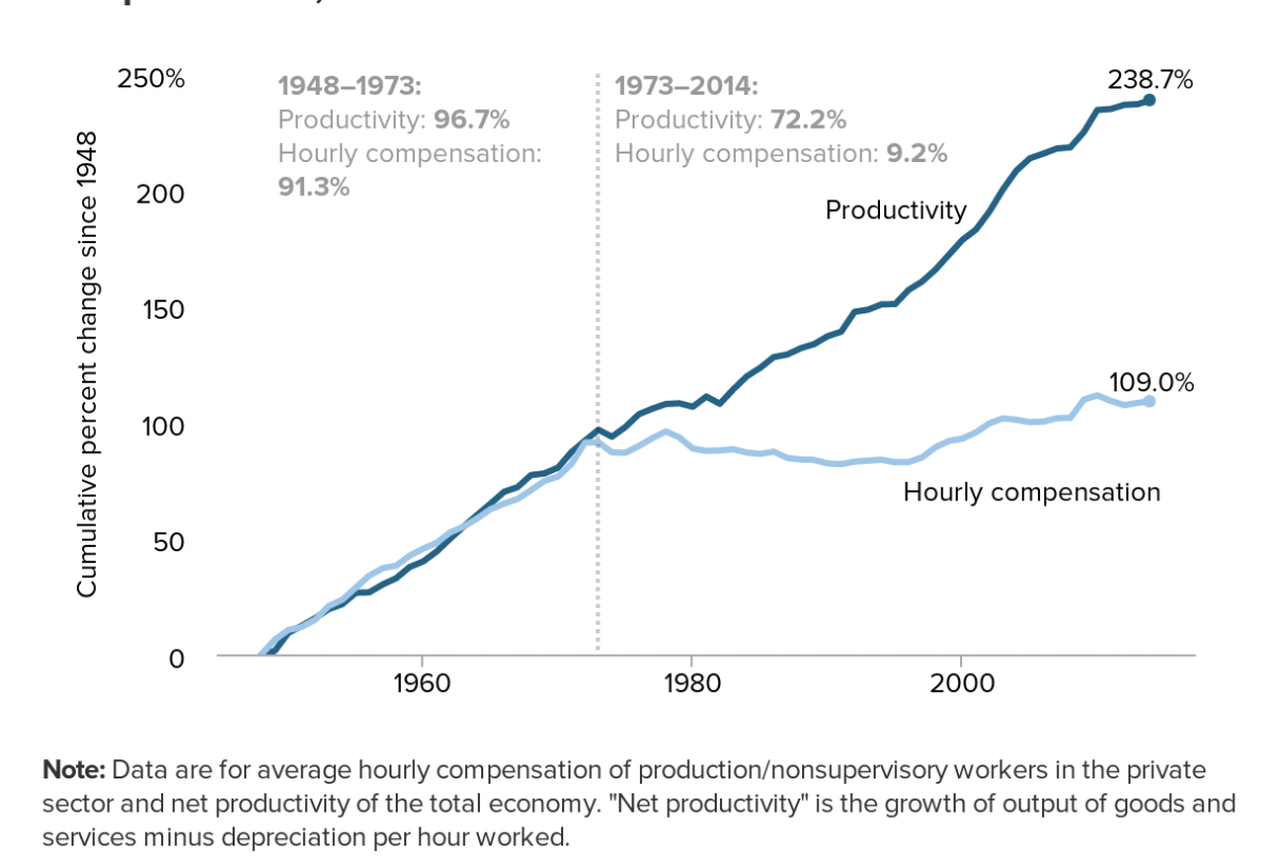Originally published at notes on cinema James McMahon What is more pleasurable: reading Martin Scorcese on cinema or reading reactions to Scorcese on cinema? The reactions compete for our pleasure because they reveal how easy it is for someone’s words to make us jump into a debate with two feet and eyes closed. In the […]
Continue ReadingStocks Are Up. Wages Are Down. What Does it Mean?
Originally published on Economics from the Top Down Blair Fix If you listen carefully, you can hear Jeff Bezos getting richer. There’s the sound again. Another billion in Bezos’ coffers. Let’s put some numbers to this sound of money. Since 2017, Bezos’ net worth has grown by about $4 million per hour — roughly 500,000 […]
Continue ReadingRemaking Our Economies with Wartime Analogies, Part 3
Originally published at dtcochrane.com DT Cochrane In Part 2, I looked at the shifts in U.S. household consumption that occurred during WWII. While aggregate consumption increased alongside massive government intervention, the qualitative mix of that consumption changed in some drastic ways. This analysis was intended to augment the analogy made by J.W. Mason and Mike […]
Continue ReadingRemaking Our Economies with Wartime Analogies, Part 2
Originally published at dtcochrane.com DT Cochrane In Part 1, I explained the motivation for this series. I want to use the analogy of WWII, as invoked by economists JW Mason and Mike Konczal in an NYT op-ed, to consider how we ought to manage a potential post-pandemic economic boom. In this post, I will look […]
Continue ReadingRemaking Our Economies with Wartime Analogies, Part 1
Originally published at dtcochrane.com DT Cochrane Economist JW Mason recently tweeted the following: Bloomberg writer Peter Coy was motived to perform this research by an NYT op-ed from Mason and Mike Konczal. Mason and Konczal’s primary argument is that we can have a post-pandemic economic boom, but that it needs to be properly managed. They […]
Continue ReadingWhy ‘General Intelligence’ Doesn’t Exist
Originally published on Economics from the Top Down Blair Fix Donald Trump took an IQ test … you’ll never guess what he scored! Apologies. That was my attempt at clickbait.1 Now that I’ve hooked you, let’s talk about the elephant in the room. No, not Donald Trump. Let’s talk about IQ. For as long as […]
Continue ReadingSupply and Demand Deconstructed
Originally published on Economics from the Top Down Blair Fix Prices are caused by supply and demand, right? So say neoclassical economists. If you’ve bought their fairy tale, I recommend you watch the video below. In it, Jonathan Nitzan demolishes the neoclassical theory of prices. It’s a master lesson in how to deconstruct a theory. […]
Continue ReadingThe Paradox of Individualism and Hierarchy
Originally published on Economics from the Top Down Blair Fix In the early 1970s, Geert Hofstede discovered something interesting. While analyzing a work-attitude survey that had been given to thousands of IBM employees around the world, Hofstede found that responses clustered by country. In some countries, for instance, employees tended to prefer an autocratic style […]
Continue Reading10 Tips for Making Beautiful Charts
Originally published on Economics from the Top Down Blair Fix They say that a picture is worth a thousand words. In science, the corollary is that a good chart is worth a whole article. Okay, that’s probably an exaggeration … but only slightly. Millions of words are spilled each day communicating science. Yet people have […]
Continue ReadingLiving the Good Life … Without Killing the Planet
Originally published on Economics from the Top Down Blair Fix How can we live the ‘good life’ without killing the planet? My last post on energy and empire got me thinking about this question. We know that human welfare improves as we use more resources. But it’s suicidal for all of humanity to pursue this […]
Continue ReadingWhy America Won’t Be ‘Great’ Again
Originally published on Economics from the Top Down Blair Fix They called him the ‘Little Emperor’. Romulus Augustus — better known as Romulus ‘Augustulus’ (‘Little Augustus’) — was the last Western Roman Emperor. He assumed the throne at the age of 16 during a period of unprecedented strife. There had been 8 emperors in the […]
Continue ReadingWhy Isn’t Modern Monetary Theory Common Knowledge?
Originally published on Economics from the Top Down Blair Fix I’ve always been baffled why ‘modern monetary theory’ is called a theory. I don’t mean this in a disparaging way. As far as theories of money go, I think modern monetary theory (MMT for short) is the correct one. But having a correct theory of […]
Continue ReadingJesús Suaste Cherizola Wins the 2021 CASP Essay Prize
Originally published on Economics from the Top Down Blair Fix As some of you may know, I recently became the editor of the Review of Capital as Power (RECASP), a journal that publishes research on the power underpinnings of capitalism. Each year, RECASP hosts an essay competition. I’m proud to announce that the winner of […]
Continue ReadingCan the World Get Along Without Natural Resources?
Originally published on Economics from the Top Down Blair Fix If it is very easy to substitute other factors for natural resources, then there is in principle no “problem”. The world can, in effect, get along without natural resources. — Robert Solow, 1974 In the distant future, aliens come to Earth. They find a planet […]
Continue ReadingBig money, nuclear subsidies, and systemic corruption
By Cassandra Jeffery1 and M. V. Ramana2 The “largest bribery, money-laundering scheme ever perpetrated against the people and the state of Ohio” came to light during an unexpected press conference in July 2020 in Columbus. Speaking haltingly and carefully, US Attorney for the Southern District of Ohio David DeVillers announced “the arrest of Larry Householder, […]
Continue ReadingGameStop Capitalism: Wall Street vs. The Reddit Rally (Part 1)
Tim Di Muzio1 PDF version available here The phrase, ‘there’s a sucker born every minute’ is typically attributed to the American showman, P.T. Barnum and was made infamous since the mid-19th century by gamblers, hucksters and confidence artists (con men). On Wall Street, the ‘sucker’ is supposed to be the ‘dumb money’ retail traders who […]
Continue ReadingEconomic Growth Theory … Bah Humbug!
Originally published on Economics from the Top Down Blair Fix I’ve written a lot on this blog about the absurdity of marginal productivity theory. But I haven’t said much about the other pillar of mainstream economics: neoclassical growth theory. Today I’ll break that silence. Neoclassical growth theory is a textbook example of Murphy’s law. Everything […]
Continue ReadingWhat Trait Affects Income the Most?
Originally published on Economics from the Top Down Blair Fix If the history of science has taught us anything, it’s that we can’t trust our preconceptions about how the world works. All human societies have developed stories about their place in the cosmos. Almost without exception, these stories were wrong. True, we’ve killed many of […]
Continue ReadingProductivity and Income … Again
Originally published on Economics from the Top Down Blair Fix Today I’m going to revisit a topic that a month ago I committed to stop writing about — the productivity-income quagmire. Neoclassical economists argue that income is proportional to productivity. The problem is that they have no way of measuring productivity that is independent of […]
Continue ReadingDebunking the ‘Productivity-Pay Gap’
Originally published on Economics from the Top Down Blair Fix Have you heard of the ‘productivity-pay gap’? It’s the (apparently) growing gap between the productivity of US workers and their pay. Here’s what it looks like: In this post, I debunk the ‘productivity-pay gap’ by showing that it has nothing to do with productivity. The […]
Continue Reading
